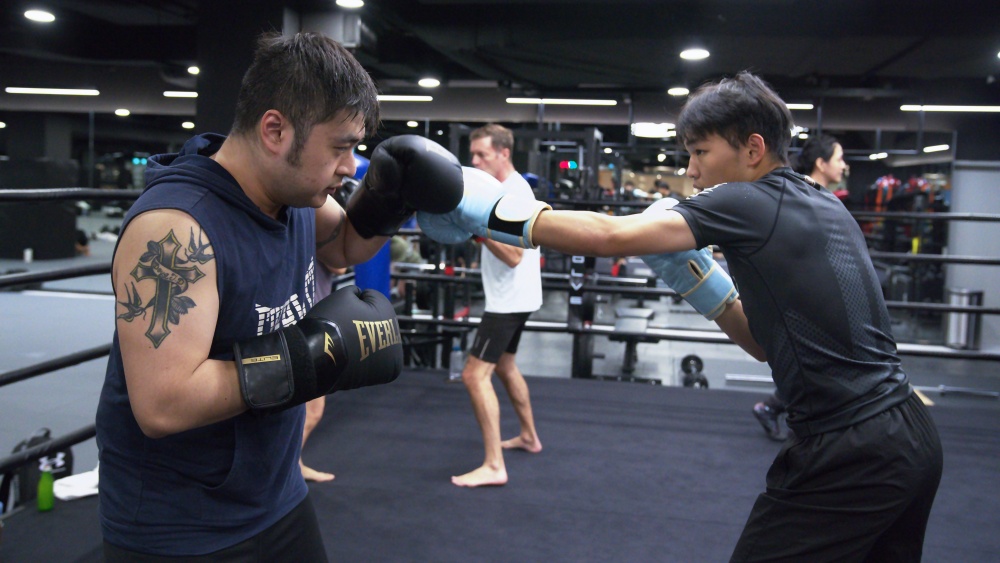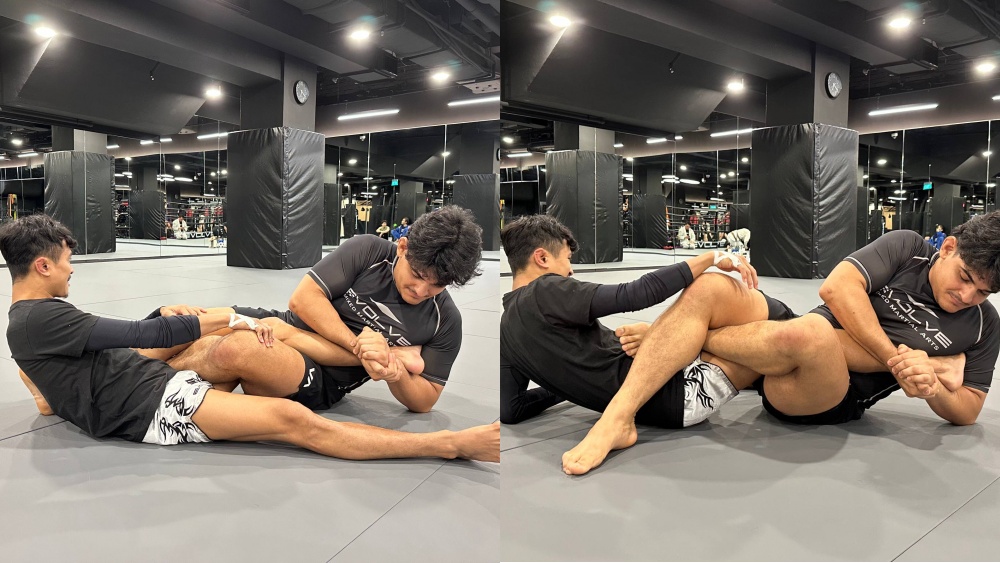Fitness has taken root in Singapore as more than a trend—it’s become a full-blown lifestyle. Fitness studios, martial arts gyms, and parks are teeming with people striving for better health, a sharper physique, and an elevated sense of well-being. But with the boom in fitness culture, a question has started surfacing: are we overdoing it? Are Singaporeans working out too much, and what could be the consequences of pushing our bodies to the limit?
Let’s examine why Singapore has become so fitness-focused, explore the phenomenon of excessive exercise, and consider the risks of overworking the body and mind.
The Rise Of Fitness Culture In Singapore
In recent years, fitness has moved from being a casual pursuit to a national passion, driven by various factors, from social media influence to the accessibility of workout spaces. With fitness apps, influencers, and community initiatives, many Singaporeans are motivated to prioritize exercise, each with personal motivations fueling their commitment.
Social Influence And The “Fitspo” Movement
The “fitspo” (fitness inspiration) movement has transformed the way people view exercise. Social media platforms are packed with images of workouts, fitness transformations, and personal milestones, all using hashtags like #Fitspo and #FitFam. It’s common to see influencers and everyday folks alike sharing their progress—whether it’s running achievements, gym routines, or body transformations. This culture has made fitness not only an individual pursuit but a social badge of honor, creating a ripple effect that inspires others and occasionally adds subtle pressure to keep up.
Stress Relief And Mental Health Benefits
Living in a high-stakes environment, Singaporeans face pressure in both professional and academic spheres, and many have turned to exercise as a way to decompress. The endorphin boost from a workout can alleviate stress and boost mood, making the gym or running track a go-to spot for anyone needing to balance work and life demands. This therapeutic aspect of fitness has increased the appeal of regular exercise, particularly as people become more aware of the mental health benefits it offers.
Convenience And Accessibility
In Singapore, the sheer accessibility of fitness options has made it easy for people to adopt an active lifestyle. From 24-hour gyms and pop-up fitness events to marathons and boot camps, options abound for anyone seeking to break a sweat. The popularity of fitness apps and memberships has also simplified booking workouts, eliminating many barriers to regular exercise. While convenient, these factors might also encourage a “go-hard-or-go-home” mentality, which can lead to potentially excessive workout habits.
The Risks Of Overtraining: Can You Work Out Too Much?
While regular exercise is undeniably beneficial, there is a point where too much can be harmful. Overtraining happens when a person exercises intensely without allowing the body sufficient time to rest and recover.
When the body is strained by intense, prolonged exercise, the immune system can suffer. People who work out excessively may find themselves catching colds or feeling constantly fatigued. Overtraining can place unnecessary physical stress on your body, and it can derail fitness goals entirely due to the demands placed on it.
Excessive training can also disrupt hormones, leading to issues like chronic fatigue, sleeplessness, mood swings, and even reproductive health problems. Women, in particular, may experience irregular menstrual cycles when they overdo it, as excessive exercise impacts estrogen and other hormones. Pushing too hard in the gym doesn’t just affect the body; it can also take a toll mentally. What starts as a way to improve well-being can lead to feelings of exhaustion, irritability, and even loss of motivation to work out if balance isn’t maintained.
Recognizing Signs Of Fitness Burnout
How can you tell if you’re working out too much? Here are common signs of fitness burnout:
- Persistent Fatigue: While it’s normal to feel tired after working out, lingering fatigue that doesn’t improve with rest may signal overtraining.
- Decline In Performance: If you notice that exercises feel harder or your performance is decreasing—like struggling to hit previous weights or distances—it may be a sign that your body isn’t recovering properly.
- Irritability And Lack Of Motivation: Mood swings and loss of enthusiasm for workouts that once brought joy are often psychological signs that you need to take a break.
- Frequent Aches And Pains: Lingering soreness or pain, especially in areas frequently worked, could indicate that your body is overtaxed.
- Sleep Disturbances: Paradoxically, overtraining can make it hard to sleep. Despite feeling physically exhausted, people who overdo it may find themselves restless at night, further hindering recovery.
Why Are People Working Out So Much?
With the rise of social media and a prevalent fitness culture, there’s often a subconscious pressure to conform. Seeing friends, coworkers, and influencers post about their workouts can create a fear of missing out (FOMO) and drive individuals to prioritize exercise even over rest.
Many are chasing fast fitness results, whether it’s weight loss, muscle gain, or improved athleticism. This desire can lead to a mentality of “more is better,” which often results in skipping rest days. Ambitious personal fitness goals are another reason why people might work out excessively. Whether it’s training for a marathon or simply trying to reach a personal best, the pursuit of goals without rest can easily lead to burnout.
Finding A Sustainable Balance
Striking a balance between pushing yourself and preserving your health requires mindfulness and the willingness to listen to your body. Here are some practical tips for maintaining a sustainable approach to fitness:
- Emphasize Rest Days: Rest is as vital as the workouts themselves, allowing muscles to recover and grow. Make rest days a scheduled part of your fitness routine, just like workouts.
- Incorporate Active Recovery: Light activities like yoga, walking, or stretching on rest days can help your body recover while keeping you active without strain.
- Listen To Your Body’s Signals: Feelings of soreness, fatigue, or mental drain are indicators to slow down. Recognizing these signals can help prevent injury and burnout in the long term.
- Mix Up Your Workouts: Varying your workout types—such as alternating between strength training, swimming, or cycling—prevents overuse of specific muscle groups and keeps fitness engaging.
- Set Realistic, Gradual Goals: Progress should feel attainable and gradual. Fitness is a journey, and pacing yourself ensures you can continue without setbacks.
Conclusion: Moderation Is Key
Fitness has brought numerous benefits to Singapore’s population, from better physical health to improved mental well-being. However, like anything, too much of a good thing can turn problematic. Overworking the body with excessive workouts can lead to burnout and mental strain. By learning to recognize the signs of burnout and practicing moderation, Singaporeans can continue to enjoy the advantages of fitness without sacrificing their health and happiness.
You may also like:

















